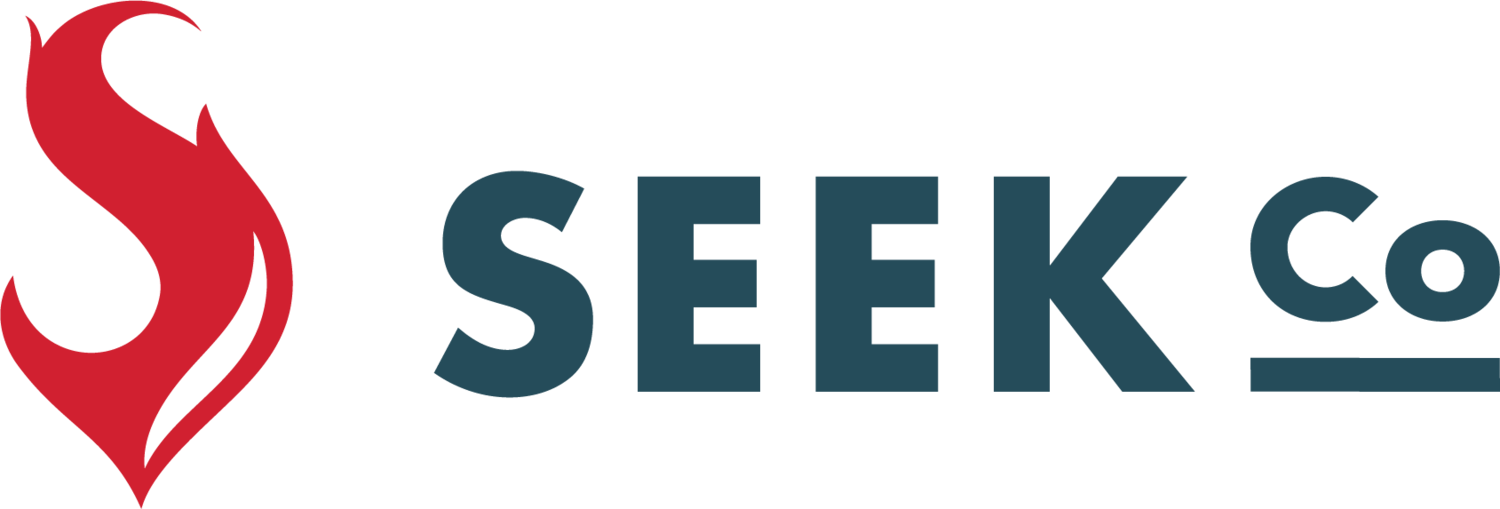Spotlight: Q&A with Dominique Irvin
"Why did you pursue a career in consumer research?"
My mama handed me my future one random weekday night while ironing my clothes for the next day. Senior year of high school means choices and I was lost in a sea of options. Due to my writing and researching skills, several people were pushing me towards journalism but a brief stint at a local news station during a shadowing program made broadcast a definite “no,” I hate my recorded voice so radio was out, and I was on the fence about writing for a newspaper, though magazines seemed like an option I could wrap my head around. Still, as we tossed around various ideas that didn’t land, my mama asked, “What about public relations?” I didn’t know what that meant. She talked me through examples of mission statements, press releases, and spokespersons. I was intrigued. I researched. And then I was enrolled.
As a journalism/public relations major, Northwestern State University trained me well in human connection and crafting stories based in truth. During my senior year I landed in an integrated marketing communications class that opened up a whole new world where marketing, advertising, and public relations came together to create unified brands that catered to their consumers’ needs. And, what’s a focus group?! Again, intrigued. Then, more research. Finally, enrolled.
Northwestern University’s Integrated Marketing Communications master’s program is still one of the hardest things I’ve ever done. However, my journalism and PR skills, researching topics, crafting stories, and interviewing people, helped tremendously in the qualitative part of the program, though the quantitative part took way more effort. But it all led me to a marketing research career where people are the focus. If I didn’t leave that program with anything else, I left with the knowledge that your brand doesn’t belong to you. It lives in the mind of the consumer so you’d better understand how they feel and what they want.
As researchers and storytellers, we assume great responsibility. What does it mean to you to be the consumer storyteller?
I love a good story and I believe that everyone has one. I used to write short stories as a kid and it’s an amazing thing to be able to create your own world. But now, I do that for others. Being someone’s voice in the world is not to be taken lightly. There are so many people who don’t feel represented or understood, from what might be seen as a light, fun topic to something more serious, and we’re the lucky ones who get to help them see themselves. As a Black woman in this world, I know what it feels like to be both invisible and a target, to be seen as “other.” I want to do what I can to make sure less people feel that way. Everyone deserves to see themselves somewhere. I remember one of my undergrad marketing professors always said, “Marketers meet needs and solve problems” and it’s really that simple.
Can you tell us generally about the most meaningful project you've worked on recently?
My last project encompassed many of the things we just spoke about in terms of not feeling seen or represented. I just completed a study on maternal health for Black women and women of color and it was one of the most meaningful projects of my career. Women of color, and especially Black women are dying, trying to bring life into this world and this issue needs to be a priority in the medical community. We spoke to moms to learn about their holistic needs and concerns throughout the pregnancy process in order to help identify what is contributing to the high morbidity and mortality rates, how to best provide resources to support and educate mom and her community, and to understand the gaps between her desired hospital experience and her reality. We came away with some powerful insights that are going to be used to help create resources for moms and their support systems as well as feedback for area hospitals that we hope will continue to push this conversation forward and lead to change.
And finally, in honor of Mother’s Day this weekend, what's the best piece of advice you've gotten from your mom?
There’s been a lot but one of the best lessons my mama taught me was that everyone is not going to like you and that’s okay because you won’t like everyone either; so just be yourself. And this started early, in elementary school, so I grew up with this understanding that I wouldn’t be able to and shouldn’t try to please everyone. It wasn’t always easy advice to take but having that foundation made it easier for me to get back on track when I was confronted with social situations I didn’t like or understand. This advice has served me well over the years and I appreciate my mama for instilling it in me at such an early age.

